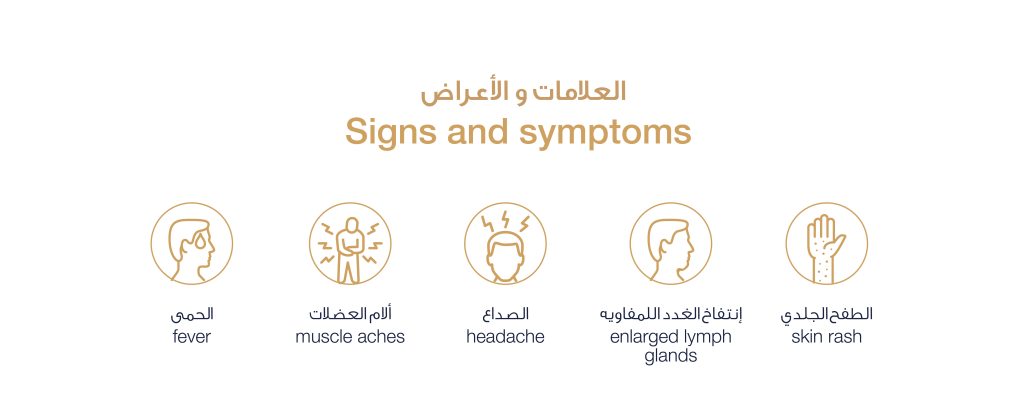September 12, 2024
Mpox, formerly known as monkeypox, is caused by the monkeypox virus. It is transmitted from animals such as primates and monkeys, as well as from person to person through direct skin contact or respiratory droplets. Initially reported in Africa, Mpox has since spread to other continents, leading to an increase in affected individuals worldwide. People, especially those who travel internationally, should be aware of this ongoing epidemic.
What is Mpox?
Mpox is a zoonotic disease caused by a virus belonging to the Poxviridae family, which transmits from animals to humans. It was first identified in West and Central Africa and has since been reported in various parts of the world.
Poxviruses are a family of DNA viruses that can affect both animals and humans. The specific group of poxviruses that affects humans is called orthopoxviruses. These can cause several diseases, with the most common being monkeypox and chickenpox. However, chickenpox is an exception, as it is caused by the herpesvirus, not a poxvirus.
What are the symptoms of Mpox?
The symptoms of Mpox usually manifest in two phases.
Early Symptoms: These appear shortly after infection and include:
These symptoms can resemble those of other viral infections and typically last for a short period. By the second or third day, additional symptoms such as a rash may become noticeable.

Progression of Symptoms:
Transmission
Transmission of Mpox can occur from animals to humans or from humans to humans.
Animals to Humans
Transmission can occur directly from animals to humans through:
The virus typically affects mammals, such as rodents and primates.
Humans to Humans
Transmission between humans can happen through:
Diagnosis
Diagnosis is initially based on clinical manifestations. If a doctor suspects Mpox, they will request a PCR analysis, a genetic test used to identify the virus.
This test involves taking a tissue sample from the rash or lesions to confirm the presence of the virus. Additionally, a blood sample may be requested to detect either the virus itself or antibodies against it, and to assess the body’s immunity status.
During this time, we recommend isolating yourself if you have been exposed to infected people or animals, or if you experience any symptoms of the virus. Use a face mask and avoid sharing personal items with others until you seek proper medical attention.
Treatment and Management
Mpox is a self-limiting disease that typically improves on its own without specific treatment. However, it is important to take care of yourself and follow these guidelines:
Currently, there is no definitive treatment for the virus. However, supportive care can help manage symptoms. This may include:
Doctors may prescribe antibiotics to prevent secondary bacterial infections. Additionally, some antiviral medications, proven effective against other pox family viruses, may be used in severe cases where a high viral load overwhelms the body’s immune system.
Prevention
Personal Hygiene and Protective Measures:
Vaccination Recommendations
Conclusion
In conclusion, monkeypox is a self-limiting viral infection that can begin with symptoms similar to other viral infections. If you notice swelling in the neck or armpits or a rash appearing 1-2 days later:
For any concerns or questions about Mpox, feel free to reach out to Reem Hospital on 8007444. You can also visit our urgent care center at Reem Hospital with a direct walk-in. We are here to assist you.